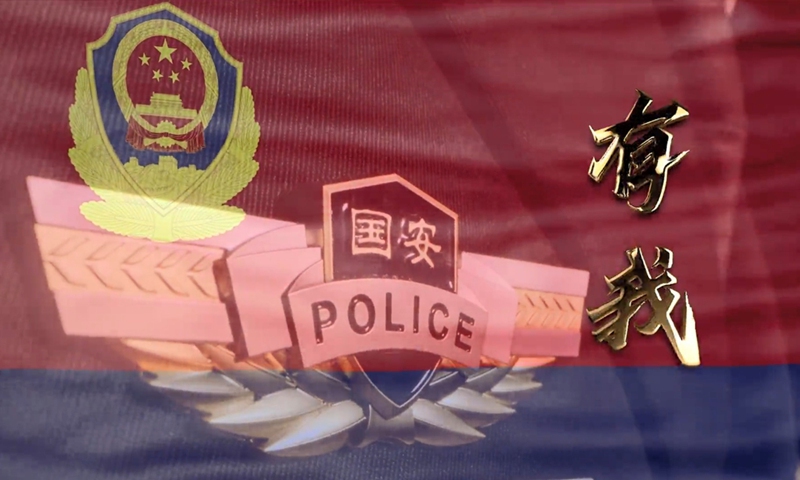China's MSS discloses case of overseas recruitment for illegal biological data collection, safeguarding biological security

Chinese Ministry of State Security
China’s Ministry of State Security (MSS) on Wednesday reminded the public to be vigilant against overseas organizations recruiting volunteers to illegally collect information on China’s biological species, in order to safeguard biological security.
In recent years, national security agencies have uncovered a number of cases that threaten the country’s biological security, contributing to the protection of national biological safety. For instance, an overseas research institution, under the guise of conducting biological species research, recruited and induced volunteers to illegally collect data on the distribution of biological species in China, the MSS said in an article published on its official WeChat account on Wednesday.
To evade oversight and review by relevant authorities, personnel from this institution required the participating volunteers to download specialized mobile software to transmit the collected data in real-time to overseas, said the MSS. National security agencies, in collaboration with relevant departments, promptly took preventive measures to effectively curb the biological security risks posed by the leakage of information on the distribution of biological species in China, according to the MSS.
Biological security is closely related to the health and safety of the people, the long-term stability of the nation, and the sustainable development of the Chinese nation, said the MSS. On April 15, 2021, China’s Biosecurity Law was officially implemented, providing a powerful tool for China to prevent and respond to biological security risks and safeguard national security, said the MSS.
The implementation of the law marks a new phase in the legal governance of biological security in China, establishing a whole system for biological security risk prevention and governance, which includes national biological security strategy, laws, and policies, according to the MSS.
China focuses on vigorous development of technologies for breakthrough multi-pathogen network monitoring, emergency vaccines, and treatment, which has greatly enhanced the capabilities for real-time monitoring, early detection, rapid response, and control of major emerging infectious diseases, according to the MSS.
The country has vigorously promoted biosafety science popularization, enhanced public awareness of biosafety, and improved public understanding of issues such as laboratory safety, prevention of invasive alien species, and biodiversity conservation, said the MSS.
Biosafety is a matter of common interest for all humanity. Currently, global biosafety governance faces new challenges while also presenting significant opportunities. In response to the new situations, challenges, and issues in the field of biosafety, China adheres to a systematic governance approach. While continuously strengthening its own biosafety defenses, China actively participates in global biosafety governance, contributing Chinese wisdom and providing Chinese solutions, said the MSS.
China has proposed the Global Security Initiative and officially released “The Global Security Initiative Concept Paper.” It clearly states the need to coordinate the maintenance of security in both traditional and non-traditional fields, advocating that countries adopt a global governance perspective of joint consultation, joint construction, and shared benefits, in order to collectively address global issues, including biological security, said the MSS article.
China clearly advocates for strengthening the Biological Weapons Convention, firmly supports its purposes and objectives, fully and strictly fulfills its obligations under the Convention, and actively participates in and supports multilateral processes aimed at enhancing its effectiveness, according to the MSS.
In 2021, the Tianjin Biosecurity Guidelines for Codes of Conduct for Scientists were adopted — the first international biosafety initiative named after a Chinese city and primarily based on Chinese proposals. The guidelines advocate for responsible biological research and call on governments and research institutions worldwide to enhance both regulation and self-discipline. The aim is to ensure that biological sciences benefit humanity while preventing potential misuse. Comprising 10 guiding principles and standards of conduct, the guidelines offer a practical model for biosafety governance at both national and institutional levels, making a meaningful contribution to the healthy and orderly development of global biotechnology, according to the MSS.
Global Times

